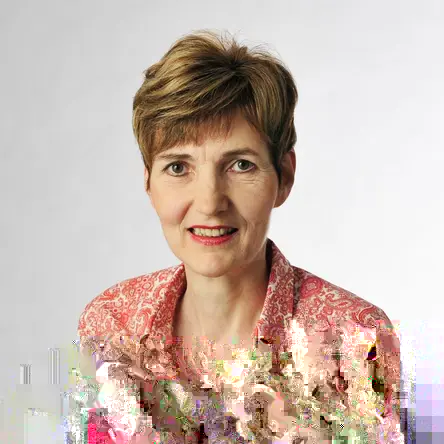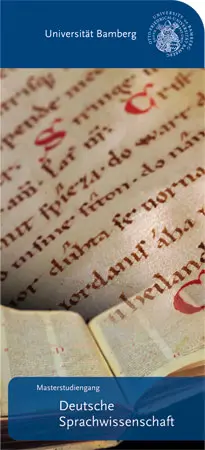Master of Arts in German Linguistics
Students in the German Linguistics master’s degree programme gain in depth knowledge about the achievements and influence of the German language in its historical changes, its social contexts and its aesthetic characteristics.
Students can choose between two specialisations:
- Systematic and historical linguistics
and - German as a foreign language
The German Linguistics master’s programme offers a wide range of core and optional modules in the fundamental aspects of German linguistics. Its students gain detailed insights into diachronic and synchronic linguistics. They learn about the typical characteristics and specific peculiarities of German, ranging from its Old High German beginnings to its contemporary varieties, and become able to examine and discuss them in a methodical and analytical manner. This deepens their understanding of fields such as linguistic theory, comparative linguistics, language practice and historical linguistics while teaching them essential skills required by all qualified experts of the German language.
Students can freely choose their courses from a wide range of topics based on their individual interests. Alternatively, they may choose from two set pathways, specialising either in systematic and historical linguistics or German as a foreign language.
This structure ensures that the degree course combines high academic standards with a practical orientation and typical career paths in the field of linguistics.
The Degree Programme at a Glance
| Programme Abstract | |
|---|---|
| Final Examination | Master's Examination (accompanying the programme) |
| Academic Degree | Master of Arts (M.A.) |
| ECTS points | 120 |
| Standard Programme Duration | 4 semesters (extension of up to 2 semesters possible) |
| Programme Start | Winter or summer semester |
| Type of Studies | Full-time and part-time possible |
| Admissions and Application | Application required |
| Language of Instruction | German |
| Studies Abroad | Possible, but not required |

